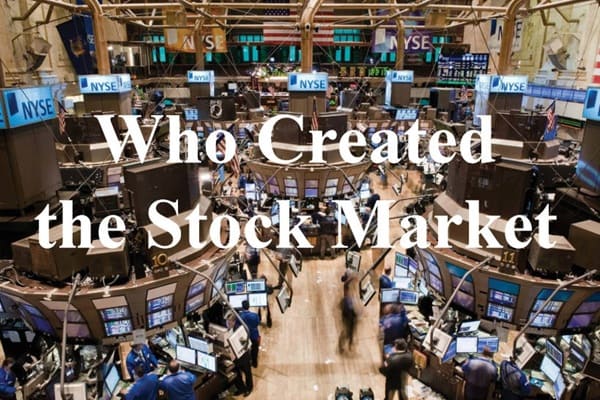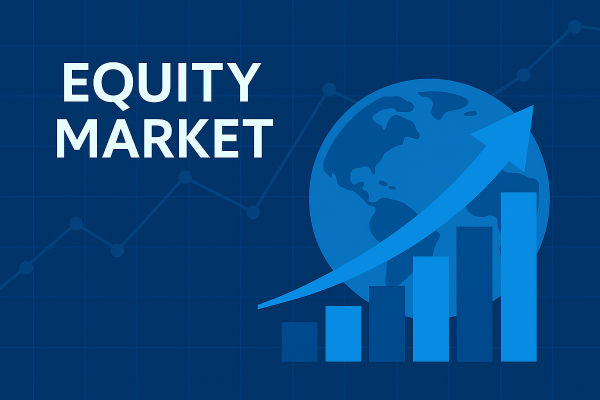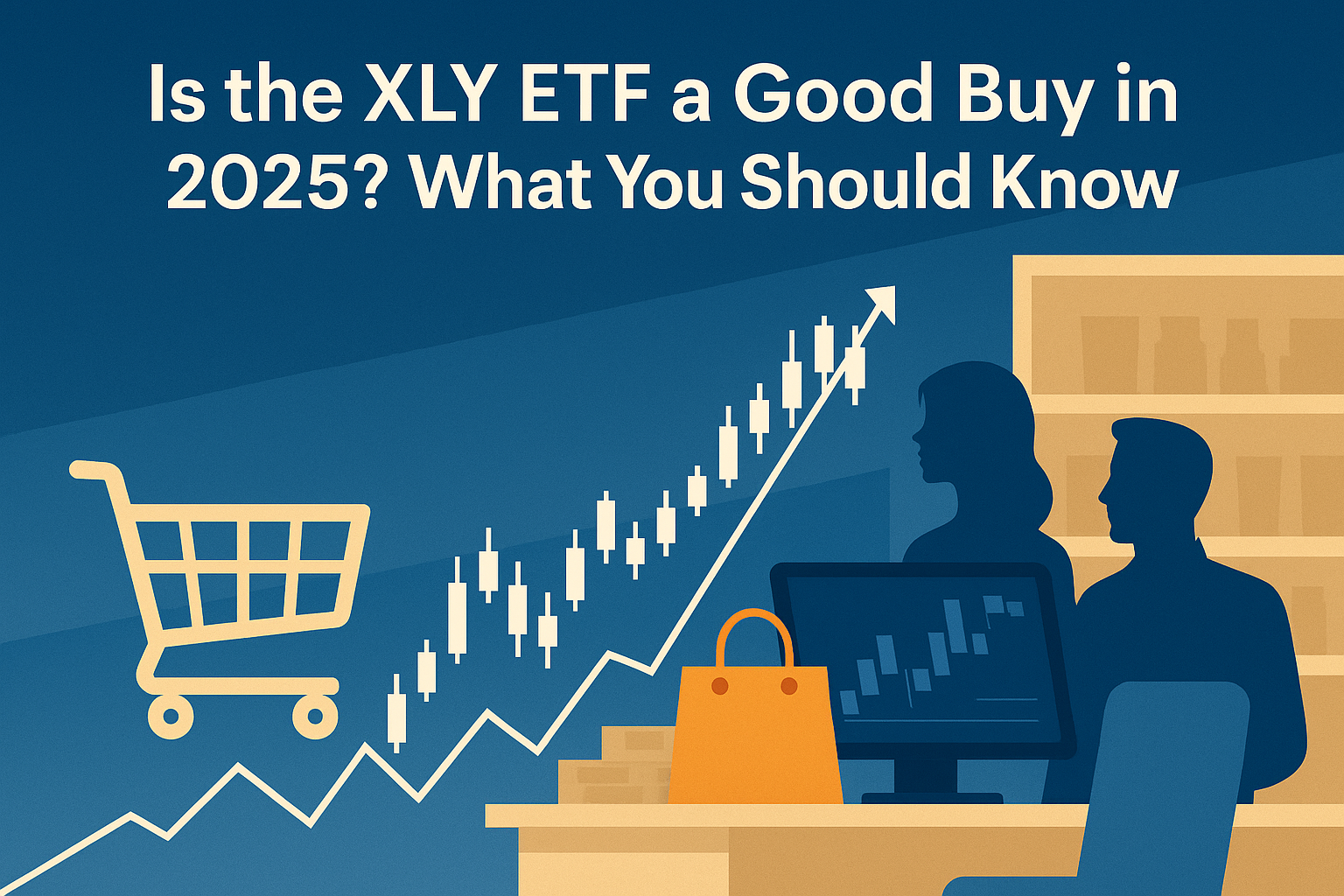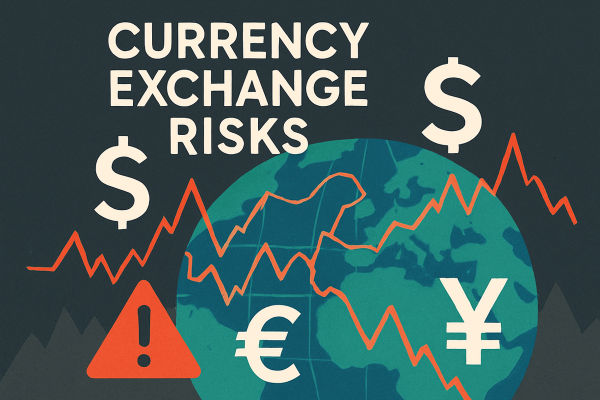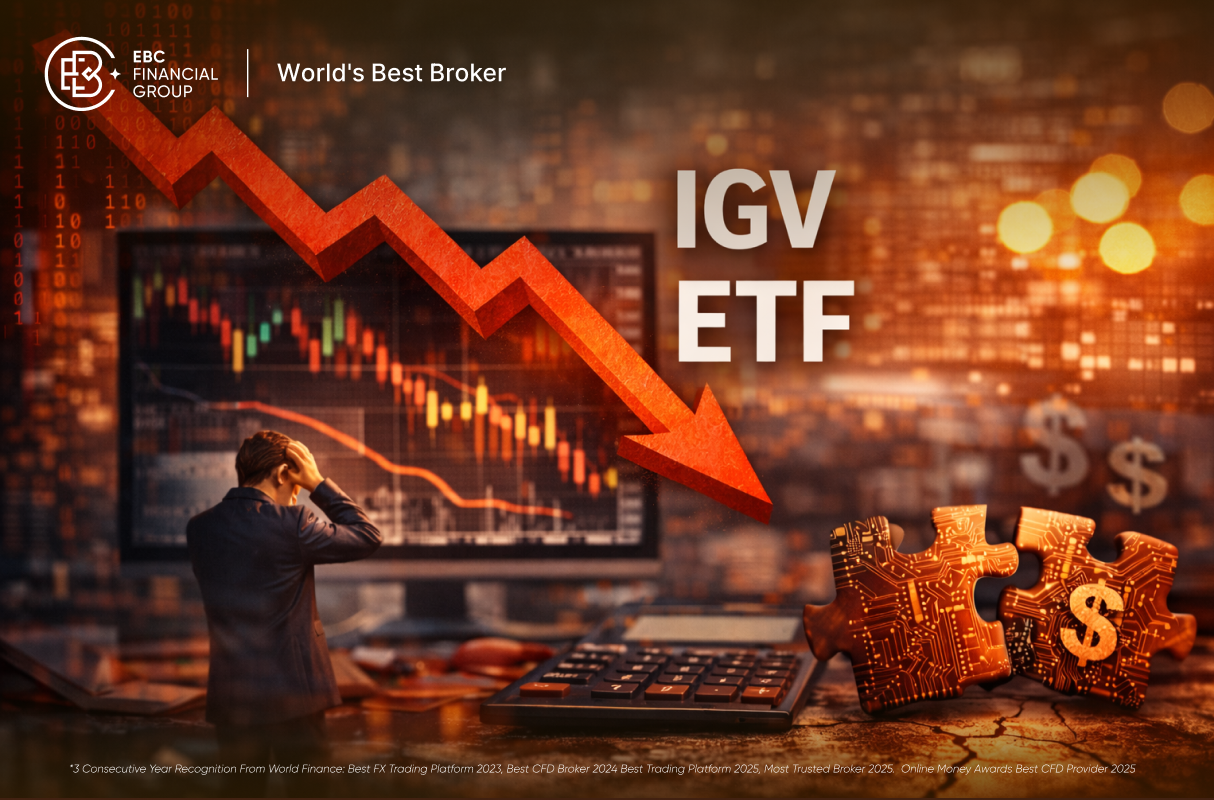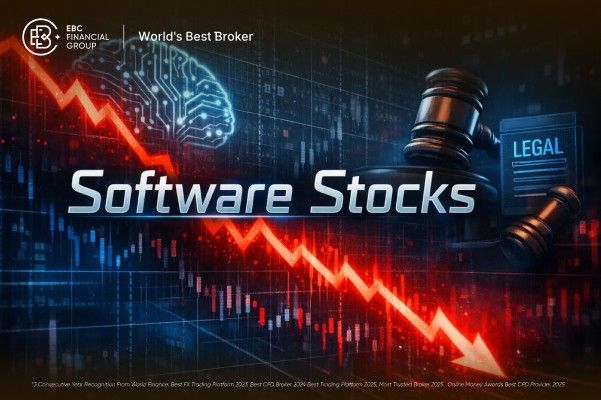The stock market as we know it was first created in Amsterdam in 1602. when the Dutch East India Company issued shares and established the Amsterdam Stock Exchange.
This innovation transformed how businesses raised capital and how investors participated in economic growth, laying the foundation for modern finance.
Below, we will break down the origins of the stock market, explore how it spread from Europe to the United States, highlight the people and institutions that shaped it, and examine how its evolution continues to influence today's global economy.
From Market Stalls to Financial Hubs
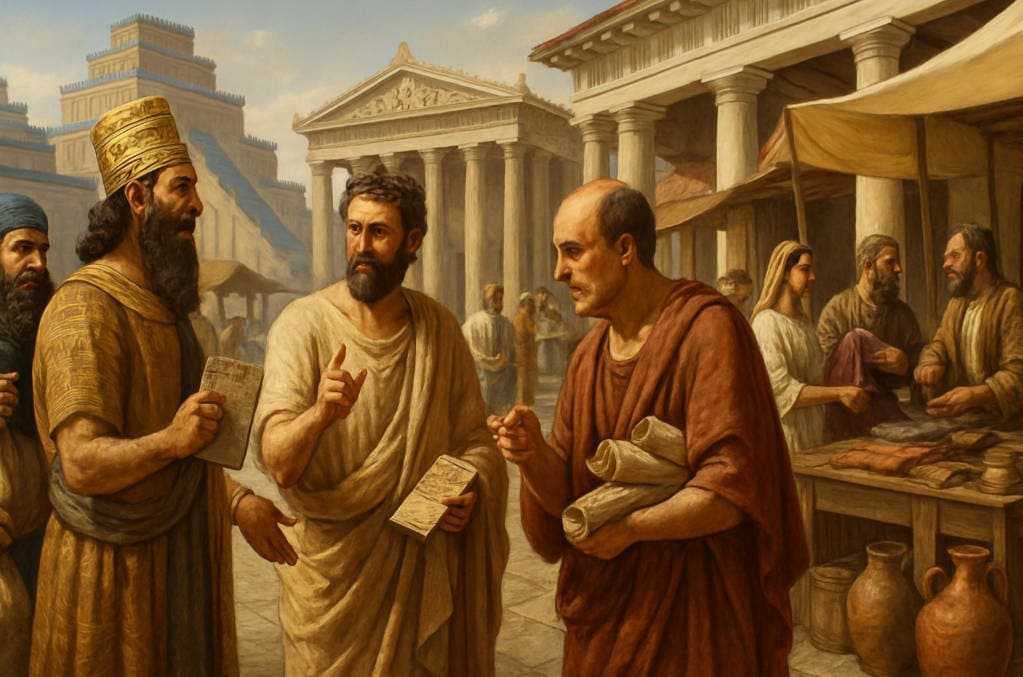
Who Created the Stock Market? The story begins long before the modern exchanges we know today. Ancient merchants in Babylon, Greece, and Rome traded goods, loans, and contracts that involved risk and reward.
In medieval Europe, bustling towns such as Venice, Genoa, and Antwerp became centres of commerce where merchants experimented with promissory notes and early share-like instruments.
These practices were not yet a stock market, but they laid the foundation for organised finance.
The Amsterdam Breakthrough: Birth of a True Stock Market

When asking Who Created the Stock Market in its modern form, most historians point to Amsterdam in 1602. That year, the Dutch East India Company (VOC) issued public shares, creating a revolutionary way to fund overseas trade.
Investors could buy a portion of the company and share in its profits. To facilitate this, the Amsterdam Stock Exchange was established, widely considered the world's first organised securities market.
This exchange introduced concepts such as transferability of shares and limited liability, transforming business financing and investor participation. The Dutch model set the standard for future markets around the globe.
London's Coffeehouses: Trading Over a Cup of Coffee
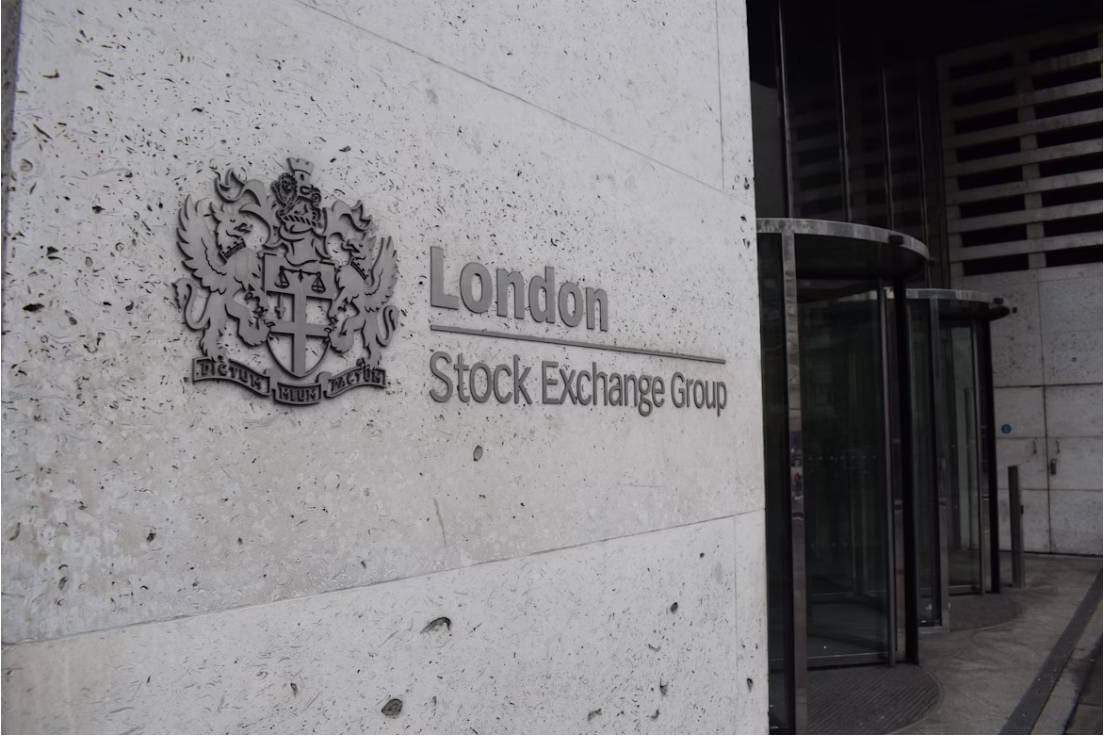
To fully answer Who Created the Stock Market, we must also look to London. In the late 1600s, brokers gathered in coffeehouses, with Jonathan's Coffee House becoming the most famous venue for trading. Shares in new ventures and government bonds changed hands in an increasingly structured way.
Over time, this informal network evolved into the London Stock Exchange. Linked to the growth of the British Empire and industrialisation, it played a key role in financing trade, exploration, and infrastructure, becoming a cornerstone of global finance.
America's Turn: The Buttonwood Agreement and the NYSE
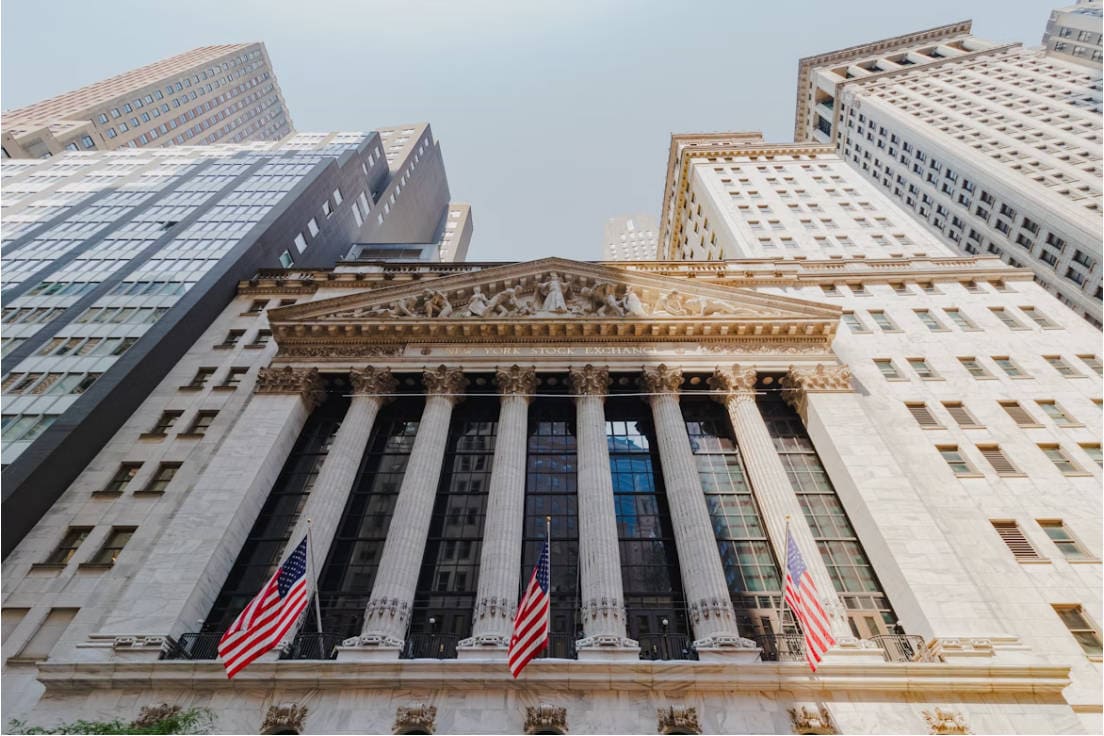
For those asking Who Created the Stock Market in America, the answer lies with a group of New York brokers in 1792. They signed the Buttonwood Agreement under a tree on Wall Street, pledging to trade securities only with one another at fixed commission rates.
This agreement gave rise to the New York Stock & Exchange Board in 1817. later renamed the New York Stock Exchange (NYSE).
Though Philadelphia hosted America's first exchange in 1790. it was New York that would grow into the financial capital of the United States and, eventually, the world.
Expanding Horizons: From Local Exchanges to Global Finance
Who Created the Stock Market cannot be answered by a single event—it was a gradual process that spread across nations. Paris, Frankfurt, Tokyo, Hong Kong, and many other cities developed exchanges as industrialisation and global trade expanded.
Innovations like stock indices (the Dow Jones Industrial Average in 1896) helped investors measure performance, while technologies such as the telegraph, telephone, and electronic systems accelerated trading.
Today, digital platforms and algorithmic trading allow global markets to operate in real time, connecting investors across continents.
The Architects Behind the Markets
Another way to answer Who Created the Stock Market is by looking at the people and institutions that built it:
The Dutch East India Company, which pioneered public share issuance.
London's early coffeehouse brokers, who laid the groundwork for formal exchanges.
The Buttonwood brokers of New York, who institutionalised securities trading.
Thinkers like Charles Dow, who introduced analytical tools and helped improve transparency.
Together, they shaped a financial system that continues to influence economies worldwide.
Crashes, Regulations, and Lessons Learned
The history of Who Created the Stock Market is incomplete without acknowledging its crises. From Tulip Mania in 1630s Holland to the South Sea Bubble, the Wall Street Crash of 1929. and the 2008 financial crisis, markets have experienced dramatic highs and devastating lows.
Each collapse brought new lessons. Regulators and governments introduced laws to protect investors and stabilise economies. In the US, the Securities and Exchange Commission (SEC) was created in 1934 as a direct response to the Great Depression.
Final Thoughts
So, Who Created the Stock Market, and why does it matter today? The answer lies in centuries of innovation, adaptation, and global participation.
While no single person invented it, the combined efforts of Dutch merchants, British brokers, and American financiers built a system that became the backbone of modern economies.
Today, stock markets allow companies to raise capital, investors to grow wealth, and governments to gauge economic health. Though they carry risk, their role in driving innovation, funding growth, and shaping financial systems is undeniable.
FAQ: Who Created the Stock Market?
Q1: Who is credited with creating the first stock market?
Q2: What was the Buttonwood Agreement?
Q3: Was there a single inventor of the stock market?
No individual can be credited with inventing it.
The stock market developed gradually, shaped by merchants, governments, brokers, and investors over many centuries.
Q4: How did the stock market evolve into its modern form?
Through innovations such as stock indices and electronic trading.
By expanding from local exchanges to global networks.
With stronger regulation and oversight to protect investors.
By embracing new technologies that enabled faster and more transparent transactions.
Disclaimer: This material is for general information purposes only and is not intended as (and should not be considered to be) financial, investment or other advice on which reliance should be placed. No opinion given in the material constitutes a recommendation by EBC or the author that any particular investment, security, transaction or investment strategy is suitable for any specific person.
